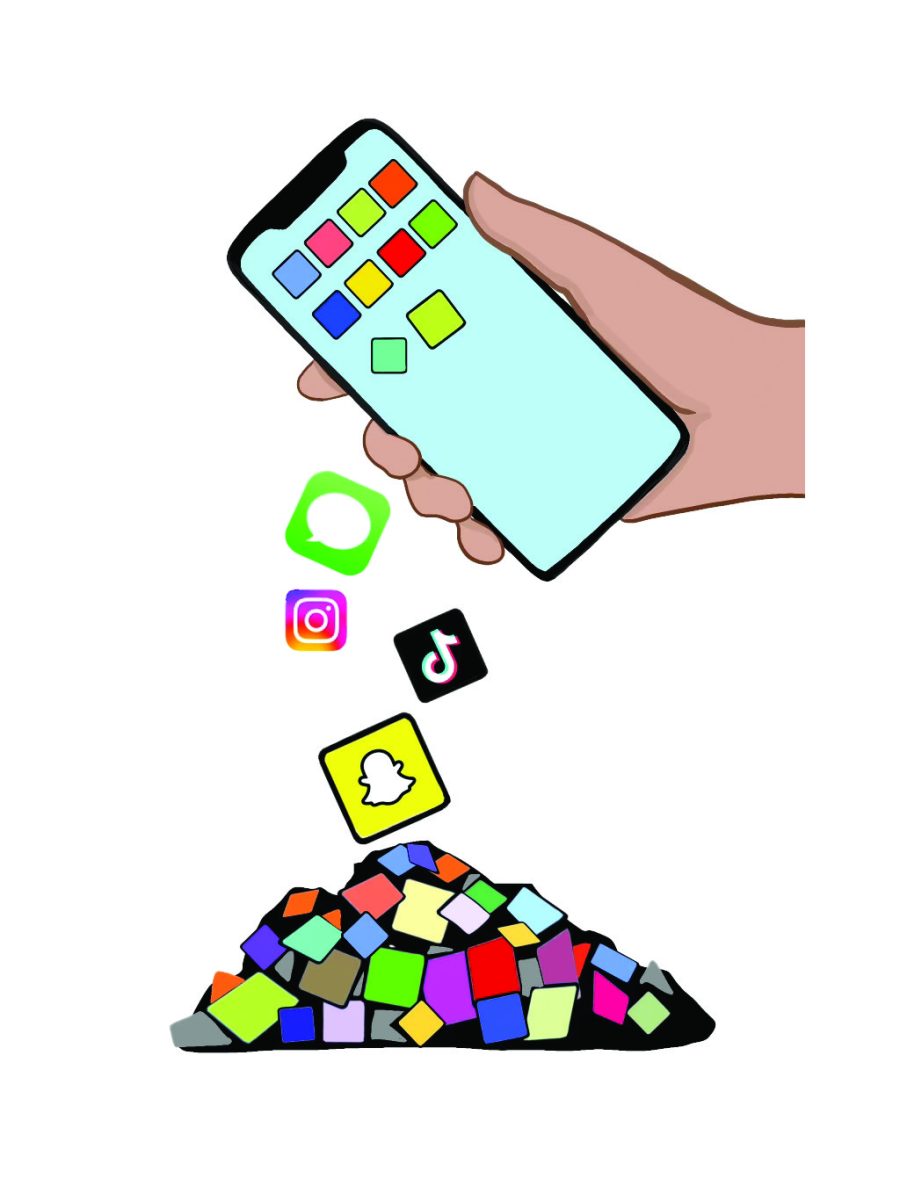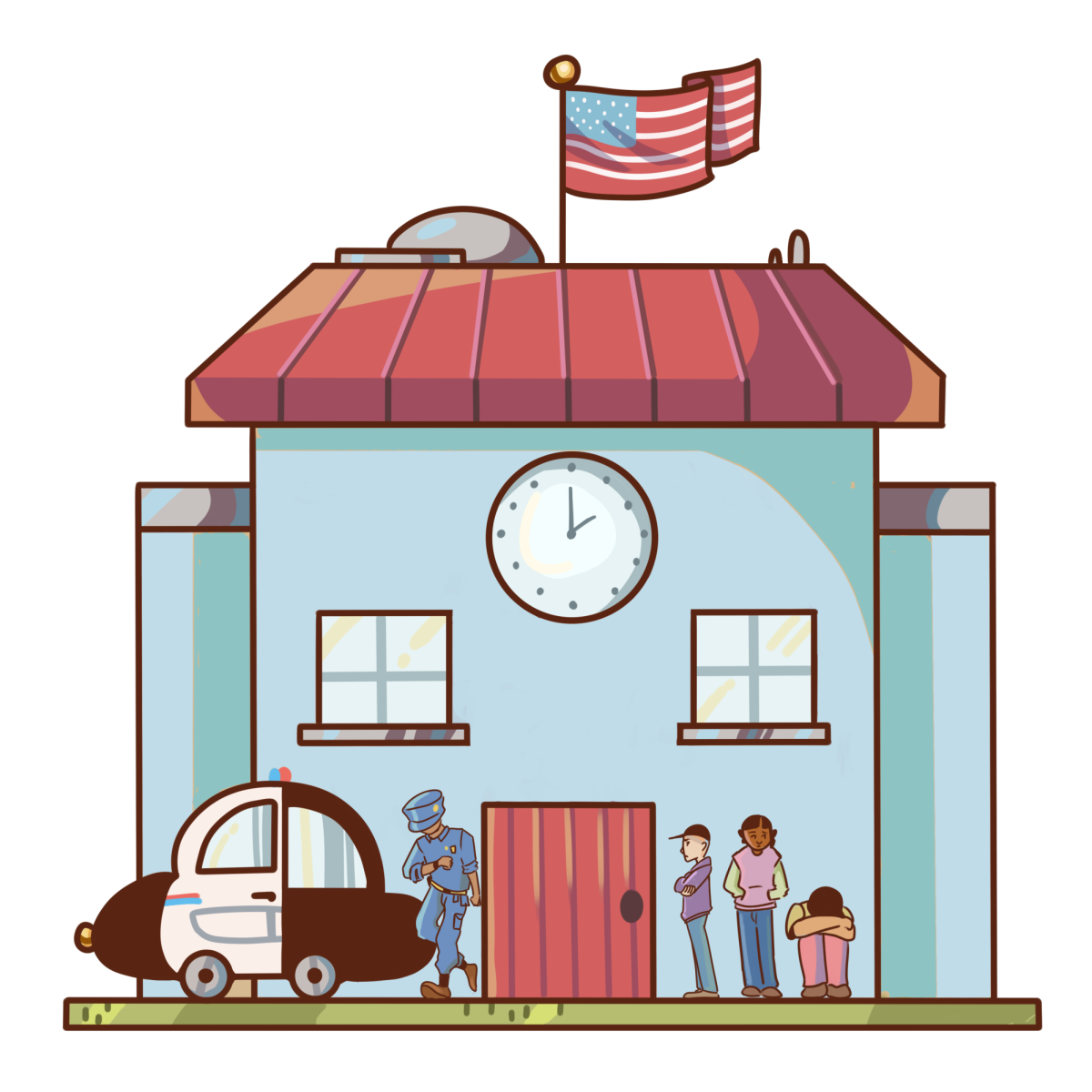The Monday that Assassin started, Head Prefect Cate Wolfen ’17 saw the game as a way for students to have fun together, although it could be distracting to their schoolwork at times. The next day, she saw the game in an entirely new light. After hearing news of the Manchester attack that claimed many lives, she didn’t see students pause to think about how lucky they were to be safe but rather she saw them doing what they were doing the day before – pointing finger guns at each other and yelling ‘bang’.
“The whole day just felt really sad and embarrassing to me to walk around and see this community of kids who are so lucky, me included, to be safe and not have to worry about gun violence or bombing or anything that would be as serious as what happened in Manchester was,” Wolfen said.
“It was as if no one paused to think about it even for a second,” Wolfen said. “I’m all for fun and a game that brings our community together, but the implications of this game are not something that anybody should truly get behind if they really think about it.”
For the past five years, at the end of the school year students have played Assassin, a game that assigns each player a target whom they must “kill” by aiming a finger gun at their back and saying “bang.” Every “kill” must be documented on video and uploaded to the Assassin app to be confirmed, and the winner is the last person standing.
According to a Chronicle poll to which 372 students responded, only 8% said they view Assassin as a game that trivializes gun violence and 83% of students surveyed said they see Assassin as a fun game that unites the school. However, 21% of students said they think that references to guns should be taken out of the game.
In a statement sent to the Chronicle, creators of this year’s Assassin app James Kanoff ’17 and Justin Rose ’17 said that the intent of the game has never been to make light of or trivialize a serious issue such as gun violence.
“We understand that some teachers and students have concerns about the theme of the game and its impact on the school day, and we would like to make it clear that they are being heard,” the statement read. “That being said, like many other games, a theme imposed to kindle a desired atmosphere doesn’t necessarily reflect the beliefs of its creators or participants on certain issues, and we think that most students and teachers understand that we don’t intend to condone or make light of the game’s subject matter. Further, although we don’t deny that the game can be disruptive, we’ve heard from several students and teachers that the game serves as an excellent and unique community builder for Harvard-Westlake. Inclusive to all students, the game encourages participants to forge alliances with fellow classmates, meet new students in pursuit of their target, and revel in the distinct and daring attempts players make along the way. Like most activities, Assassin comes with pros and cons. However, for the student body of Harvard-Westlake, we think the benefits clearly outweigh the concerns.”
History teacher Dror Yaron, however, said that Harvard-Westlake students don’t think about this aspect of the game because of the bubble they live in that removes them from the reality of gun violence in the U.S. today.
“There’s this sense of entitlement of innocent, protected, well-to-do kids here who go around shooting each other,” Yaron said. “There is something sort of dismissively demeaning to broader society when playing such a game. When you look at the whole world, why are we trying to emulate the behavior of violence and conflict amongst groups even in a mode that’s supposed to be playful?”
Moreover, Yaron believes that the ideas promoted by the game are inconsistent with the values Harvard-Westlake tries to teach its students.
“When you’re in an environment here that is protected by security guards, I find it ironic that this would not be played in public schools where kids have been exposed to violence,” Yaron said. “We’re talking about 6.5 miles away. It shouldn’t be played here at Harvard-Westlake where we teach values of inclusion and tolerance and pacifism.”
Naomi Barlava ’17 shares the same sentiment, believing that the game is symptomatic of a larger problem of ignorance amongst Harvard-Westlake students.
“I think that Assassin really highlights the fact that none of us have ever experienced gun violence,” Barlava said. “We think it’s funny to go up to people and pretend to kill them and hear people shrieking on the quad, but the reality of the situation is that if that happened at a lot of other schools, it would cause genuine panic. And I think the fact that we make a joke out of it shows that we have very little understanding of how people who aren’t as fortunate as us struggle with that reality.”
Liam Douglass ’18, however, said he primarily views Assassin as a fun game that brings the student body together, and as such, he believes that it overall greatly benefits the community.
“I could see how people could say [the game trivializes gun violence], but I personally do not think that it normalizes gun violence or promotes gun violence,” he said.
While Wolfen appreciates the community-building aspect of Assassin and does not believe that the distraction it may provide is a big issue, she said that, for her, there are still major issues with other parts of the game.
“I really think that kids feel like, first and foremost, this is a game that unites our community and is really fun to play, and that is an aspect of it, but to me, it is impossible to ignore the subtext almost,” she said. “But it’s not even subtext; it’s called ‘Assassin,’ and kids are running around pretending to shoot each other with guns. It’s honestly interesting to watch kids be so immersed in this game and not see how obvious it is, at least to me, that what they’re doing is not a game at all.”





































